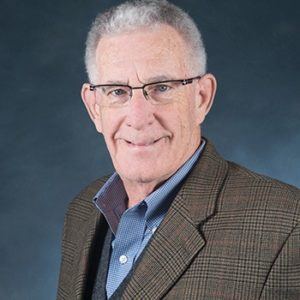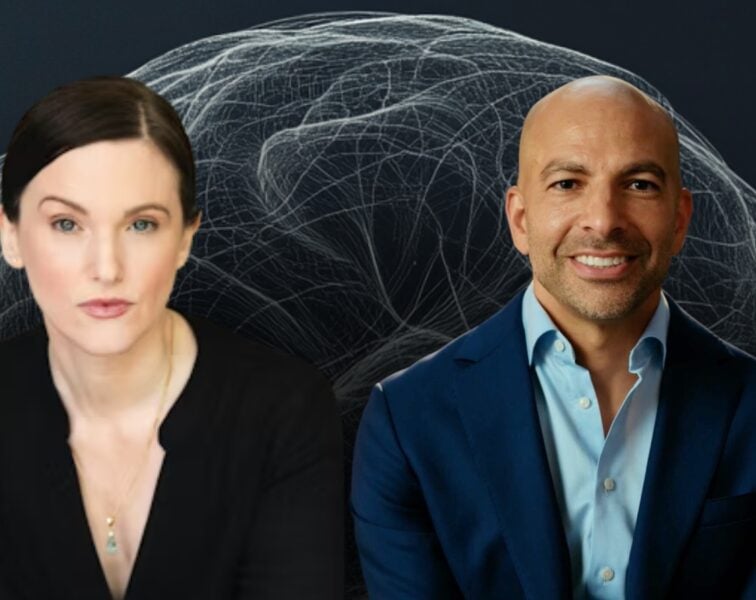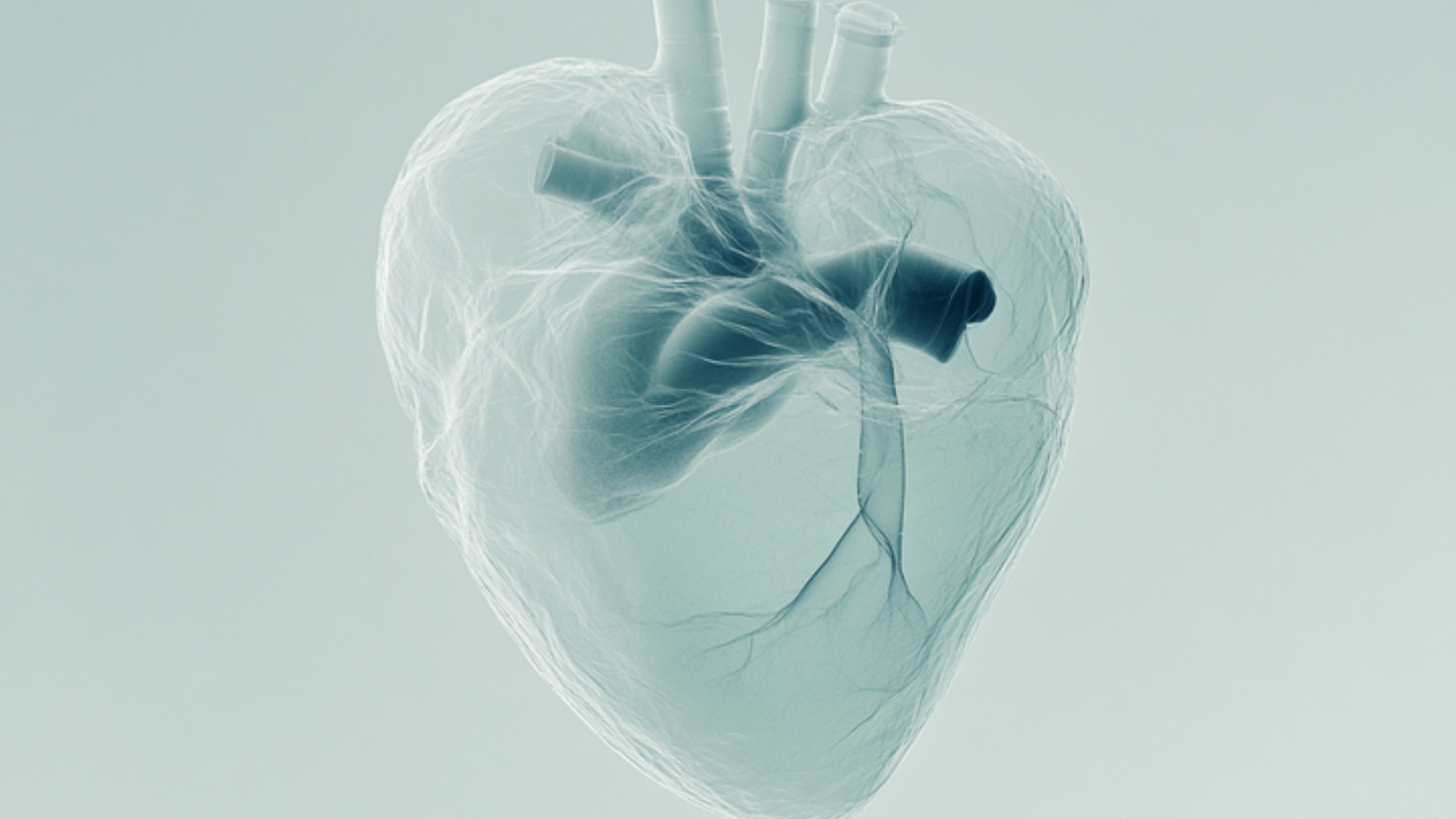In this episode, Thomas Seyfried, a cancer researcher and professor of biology at Boston College, discusses a controversial view of cancer as a mitochondrial metabolic disease. Many topics related to the causes, treatments, and prevention of cancer are covered in this in-depth conversation.
Subscribe on: APPLE PODCASTS | RSS | GOOGLE | OVERCAST | STITCHER
We discuss:
- How Tom got interested in cancer research [9:00];
- Calorie-restricted ketogenic diets, fasting, and epileptic seizures [18:30];
- Otto Warburg and the Warburg effect [30:45];
- Germline mutations, somatic mutations, and no mutations [42:00];
- Mitochondrial substrate level phosphorylation: Warburg’s missing link [51:30];
- What is the structural defect in the mitochondria in cancer? [1:02:00];
- Peter’s near-death experience with the insulin suppression test while in ketosis [1:06:30];
- Insulin potentiation therapy and glutamine inhibition [1:13:15];
- The macrophage fusion-hybrid theory of metastasis [1:39:30];
- How are cancer cells growth dysregulated without a mutation? [1:47:00];
- What is the dream clinical trial to test the hypothesis that we can reduce the death rates of cancer by 50%? [2:03:15];
- How can the hypothesis be tested rigorously that structural abnormalities in the mitochondria impair respiration and lead to compensatory fermentation? [2:26:30];
- Case studies of GBM survivors [2:32:45]; and
- More.
Get Peter’s expertise in your inbox 100% free.
Sign up to receive An Introductory Guide to Longevity by Peter Attia, weekly longevity-focused articles, and new podcast announcements.Would you like access to extensive show notes and references for this podcast (and more)?
Check out this post to see an example of what the substantial show notes look like. Become a member today to get access.

Thomas Seyfried, Ph.D.
Thomas N. Seyfried received his Ph.D. in Genetics and Biochemistry from the University of Illinois, Urbana, in 1976. He did his undergraduate work at the University of New England, where he recently received the distinguished Alumni Achievement Award. He also holds a Master’s degree in Genetics from Illinois State University. Thomas Seyfried served with distinction in the United States Army’s First Cavalry Division during the Vietnam War and received numerous medals and commendations. He was a Postdoctoral Fellow in the Department of Neurology at the Yale University School of Medicine and then served on the faculty as an Assistant Professor in Neurology.
Other awards and honors have come from such diverse organizations as the American Oil Chemists Society, the National Institutes of Health, The American Society for Neurochemistry, the Ketogenic Diet Special Interest Group of the American Epilepsy Society, the Academy of Comprehensive and Complementary Medicine, and the American College of Nutrition.
Dr. Seyfried previously served as Chair, Scientific Advisory Committee for the National Tay-Sachs and Allied Diseases Association and presently serves on several editorial boards, including those for Nutrition & Metabolism, Neurochemical Research, the Journal of Lipid Research, and ASN Neuro, where he is a Senior Editor.
Dr. Seyfried has over 150 peer-reviewed publications and is the author of the book, Cancer as a Metabolic Disease: On the Origin, Management, and Prevention of Cancer (Wiley, 1st ed., 2012). [tomseyfried.com]
Tom’s website: Thomas Seyfried
Tom on Twitter: @tnseyfried



